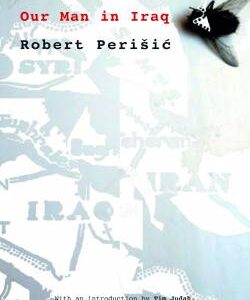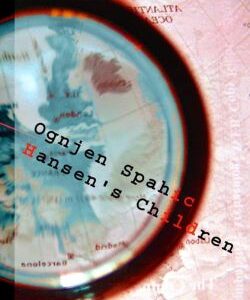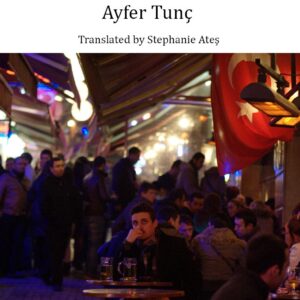
A novella by Daša Drndić, translated by Celia Hawkesworth
ISBN: 978-1-912545-926
Tea Radan, the narrator of the novel Canzone di Guerra, reflects on her own past and in doing so, composes a forgotten mosaic of historical events that she wants to first tear apart and then reassemble with all the missing fragments. In front of the readers eyes, a collage of different genres takes place – from (pseudo) autobiography to documentary material and culinary recipes. With them, the author Daša Drndić skilfully explores different perspectives on the issue of emigration, the unresolved history of the Second World War, while emphasizing the absurdity of politics of differences between neighbouring nations. The narrator subtly weaves the torturous story of searching for her own identity with a relaxed, sometimes disguised ironic style, which takes the reader surprisingly easily into the world of persecution and the sense of alienation between herself and others.
‘It has become blurb fodder to describe a writer as “essential”, but in the case of Daša Drndic this can be said with seriousness and certainty. Canzone di Guerra, like her other books, is a work of perennial relevance for the reader and the world. Read everything by her’
– Ronan Hession, The Irish Times
“Far more than one woman’s chatty reckoning with her past, Canzone di Guerra is a formidable confrontation with justice, responsibility and remembrance, addressing themes of history, identity and migration.”
Alice Bloch, Times Literary Supplement
Words of praise for the author:
“Drndić’s formidable intelligence and Homeric intention cannot help but thrill and exalt.”
—Dustin Illingworth, The Paris Review Daily
“Daša Drndić, who died last year, was interested in many things—chess, suicide, the intelligence of rats—but chief among them was Nazism and the horrors of WWII. Like Bolaño’s 2666, EEG demands we stare directly into the face of darkness.“—Anderson Tepper, Vanity Fair
“The 20th century is revealed as a parade of horrors in this harrowing novel from Drndić (1946–2018), one of Croatia’s most acclaimed contemporary authors…. Riveting.”
—Publishers Weekly
“Drndić cultivates a visionary art of memory. She rescues the names, and the lives, of the lost. Her writing glows with an incendiary bleakness worthy of Beckett.”—Boyd Tonkin, The Arts Desk
“Wry and kindly, funny, angry, informed and intent on the truth, no voice is quite as blisteringly beautiful as that of Drndic. Ban is the witness, the seeker of truth. Drndic, a tenacious collector of personal histories and the names of victims lost in the Holocaust, wrote about many things; for all the darkness, her concerns are life and justice.”—Financial Times
“Drndić has in her own way composed an astonishment that extracts light from darkness.”
—The Jewish Daily Forward
“Drndić is writing to witness and to make the pain stick. Even at their most lurid, her sentences remain coldly dignified.“—New York Times Book Review
“Her incisive skill and radical style render potentially grim reading compulsive. She was a voice of–and for–our times.“—Times Literary Supplement






